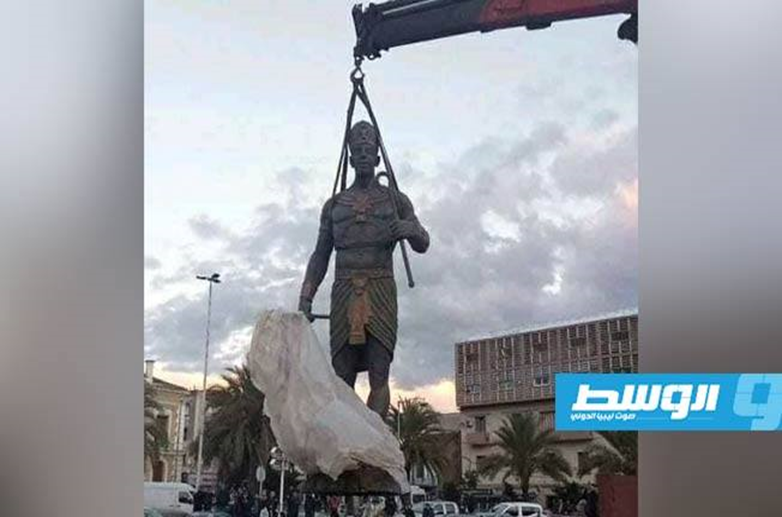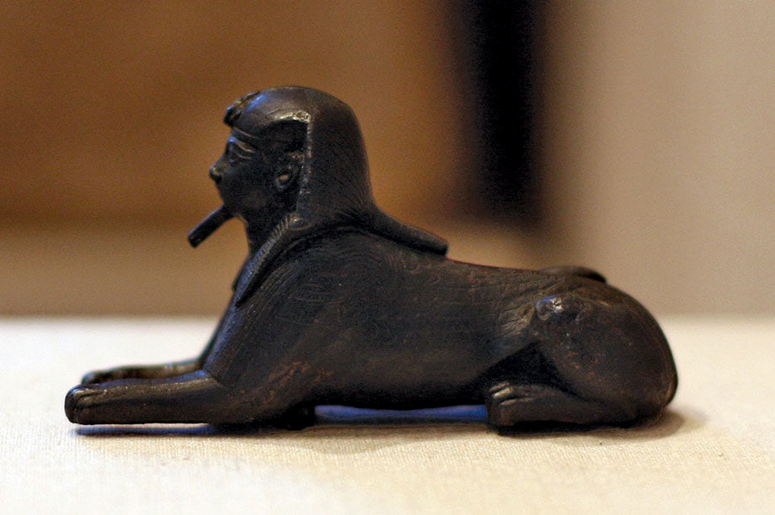“Culture of Accord”: King Sheshenq I is of Amazigh origins from the Libyan Meshwash tribe

The General Authority for Culture of the Government of National Accord confirmed that King Sheshenq I (929-950 BC) “has Amazigh origins from the Libyan Meshwash tribe,” noting that its president “assigned the Information Department to communicate with the Center for Archives and Historical Studies and a number of researchers and historians who issued books and studies.” About this Libyan personality, in order to issue a report that will be published next week.
This came in a statement issued by the authority, today, Thursday, after a number of websites and social media reported news about the construction of a memorial to the Pharaonic king of Libyan origins, Sheshenq I, in Algeria, which coincided with the Amazigh New Year celebrations of 2971, and it sparked great controversy among people. Social media pioneers in the two brotherly countries, Egypt and Algeria, about the origins of King Sheshenq I.

The General Authority for Culture said in the statement that it “confirms that King Sheshenq I (929-950 BC) is of Amazigh origins from the Libyan Meshwash tribe,” by “referring to all references with a high degree of accuracy and credibility,” explaining that he “ruled Egypt.” His rule was called the 22nd Dynasty, and his family was known to those interested in ancient Egyptian history as the Libyan Dynasty.
The authority added that King Sheshenq I “was able to assume the rule of Egypt, bearing the title of Pharaoh, and thus established the rule of his twenty-second dynasty around the year 950 BC, which ruled for nearly two centuries. He was also mentioned in the Torah after his control over Jerusalem, the current city of Jerusalem,” noting that “none of the English sources mentioned that his origins were Algerian, Egyptian, or Tunisian.”

The General Authority for Culture of the Government of National Accord thanked those who contacted it in particular, and renewed the call to all journalists, activists, writers, and historians for the importance of communicating with it in the future, with regard to correcting some concepts and information that concern Libyan culture, history, and heritage.
Source : websites

